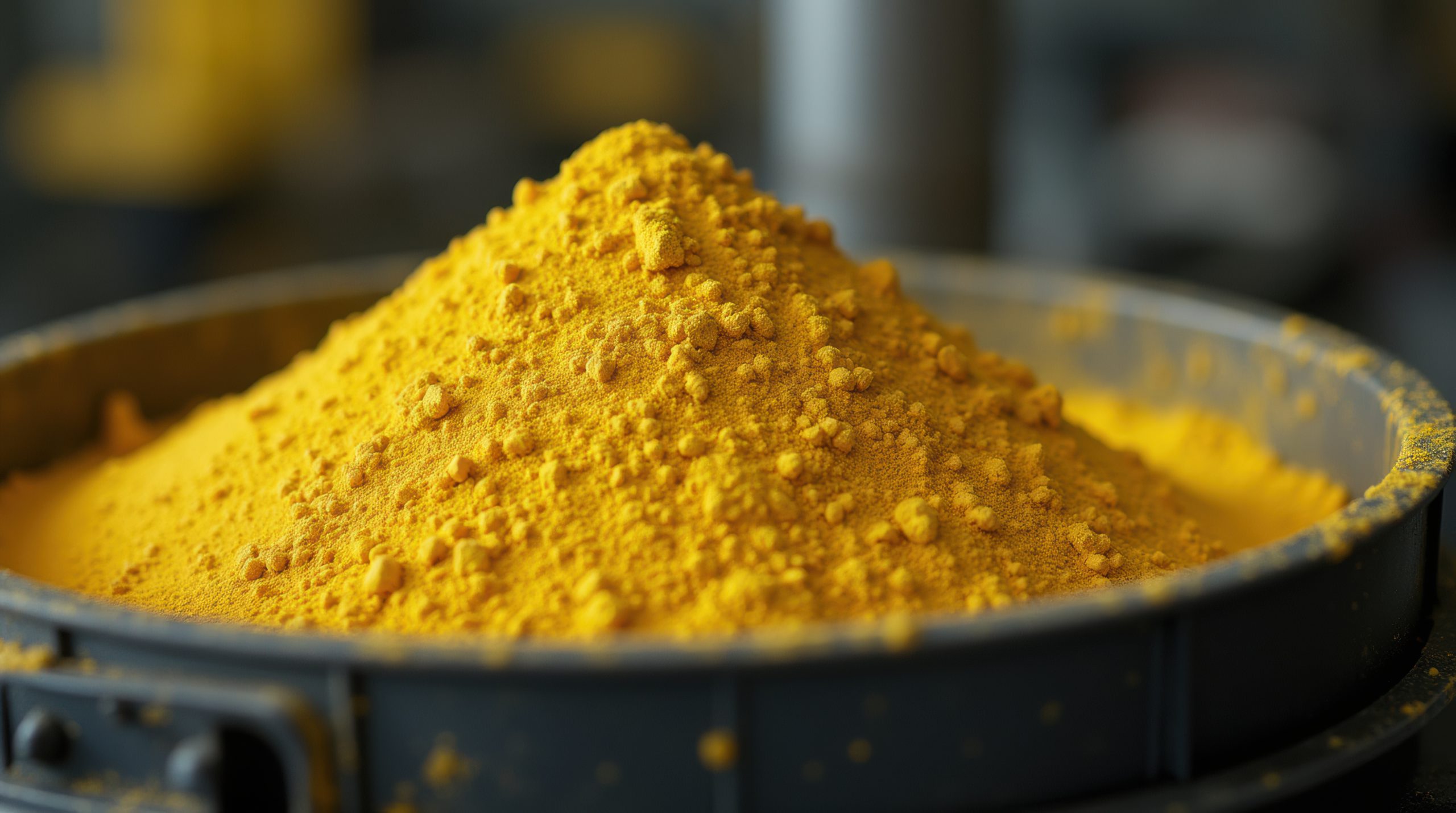Study on impacts of uranium mining to extend Quebec moratorium another year
[caption id="attachment_782091" align="aligncenter" width="600"] Demonstrators outside hearings for the Matoush uranium project. (Image from archives)[/caption] A group of doctors, environmental groups and First Nations leaders gathered in Montreal Thursday to urge Quebec’s new premier to keep the moratorium on uranium...
You've reached your limit of free weekly articles
Keep reading MINING.COM with a TNM NEWS+MARKETS Membership.
TNM Memberships is your key to unlocking access to the best news, insights, and data in the mining industry.
Get Started with a free 45-day Trial ** Credit card required to begin free trial. Your card will be charged 45 days from signup. You will receive an email notification seven (7) days before the free trial period ends.
Already a Member?
Sign inSubscribe for Unlimited Access
Enjoy unlimited News Stories and Specialty Digests, along with Mining and Metal Market insights as part of your NEWS+MARKETS Membership. Or go even deeper with our Global Mining Data platform, TNM Marco Polo, included with your NEWS+DATA Membership.
Explore Full Membership Benefits





